Recently, a man named KV (46 years old, Cambodian nationality) came from a distant country to a hospital in Ho Chi Minh City for examination in a state of frequent difficulty breathing, making daily activities difficult.
A transthoracic echocardiogram revealed that he had an atrial septal defect. This is a type of congenital heart disease that causes abnormal blood flow between the left and right atria, increasing the burden on the heart and lungs.
According to Dr. Le Van Tuyen, Department of Cardiology - Vascular Intervention, if not treated promptly, the disease can lead to many life-threatening complications.
Notably, in reality, many patients only discover the disease when it has progressed severely or is accidentally diagnosed during a routine health check.
At the Department of Interventional Cardiology, the team of doctors performed a transesophageal echocardiogram to accurately assess the patient's condition, then they decided to choose the interventional technique of closing the atrial septal defect with instruments.
This is a minimally invasive procedure, requiring no open chest surgery, only local anesthesia. By inserting a catheter from the femoral vein, the doctor places a small umbrella-shaped device in the right position and closes the atrial septal defect. After a day of intervention, the patient's health was stable and he was discharged from the hospital.
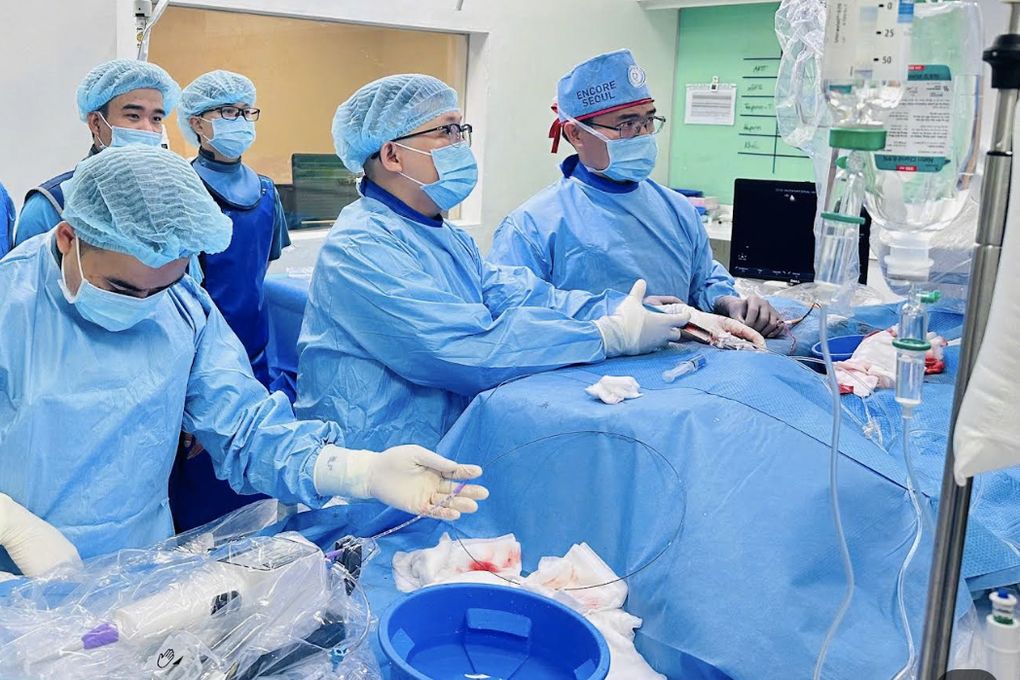
Doctors perform intervention on patients (Photo: Hospital).
Dr. Le Van Tuyen said that a large atrial septal defect can cause an increase in blood flow to the right heart, forcing the heart and lungs to work harder. If left untreated, the patient is at risk of conditions such as arrhythmia, heart failure, pneumonia or stroke.
Compared with open heart surgery, the method of closing the atrial septal defect with instruments has many benefits such as being less invasive, having a faster recovery and fewer complications. This is the optimal choice for many patients, especially for adults who are diagnosed late.
Dr. Tuyen emphasized that regular cardiovascular examinations are important, especially for those who often experience symptoms of fatigue, shortness of breath, chest pain or palpitations. Early detection of the disease will help in timely treatment, limiting dangerous complications later.
Previously, Ms. KD (62 years old), after many years of enduring persistent back pain, decided to travel hundreds of kilometers from Cambodia to a hospital in Ho Chi Minh City for help, when both legs were at risk of paralysis.
Doctors from the Department of Neurosurgery - Spine coordinated with the Department of Anesthesia and Resuscitation to perform surgery to treat Ms. D. using spinal fixation and lumbar interbody fusion (TLIF).
The surgery lasted for 5 intense hours. Just 2 days after the surgery, Mrs. D. was able to do her daily activities and walk easily with the help of a back brace. After a week of active monitoring, she was discharged from the hospital in stable health.
Source: https://dantri.com.vn/suc-khoe/can-benh-khien-tim-co-dong-mau-chay-la-nguy-co-dot-quy-nhung-it-biet-som-20250911220453149.htm







![[Photo] Prime Minister concludes trip to attend G20 Summit in South Africa](/_next/image?url=https%3A%2F%2Fvphoto.vietnam.vn%2Fthumb%2F1200x675%2Fvietnam%2Fresource%2FIMAGE%2F2025%2F11%2F24%2F1763944494358_vna-potal-thu-tuong-ket-thuc-chuyen-tham-du-hoi-nghi-thuong-dinh-g20-tai-nam-phi-8428321-4810-jpg.webp&w=3840&q=75)
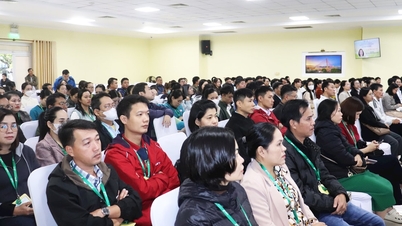

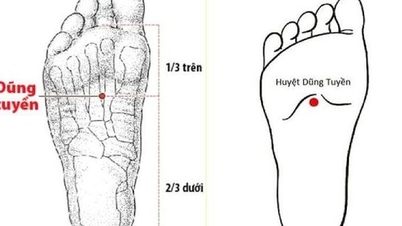






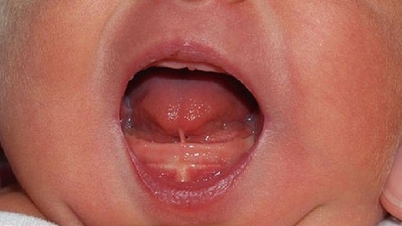





















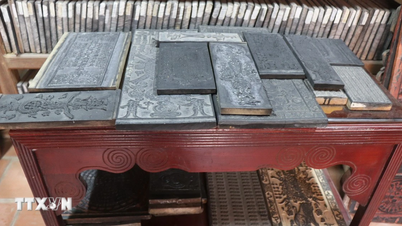



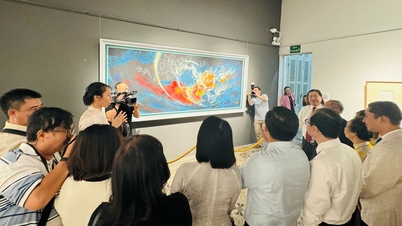

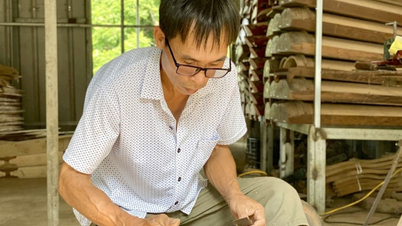



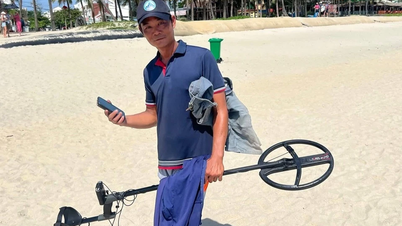







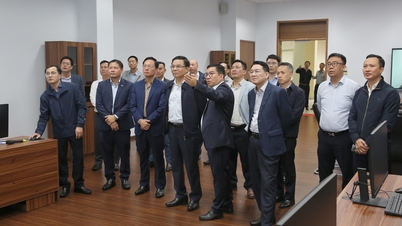



















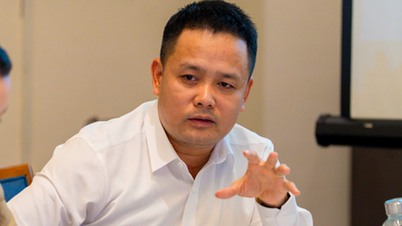



























Comment (0)